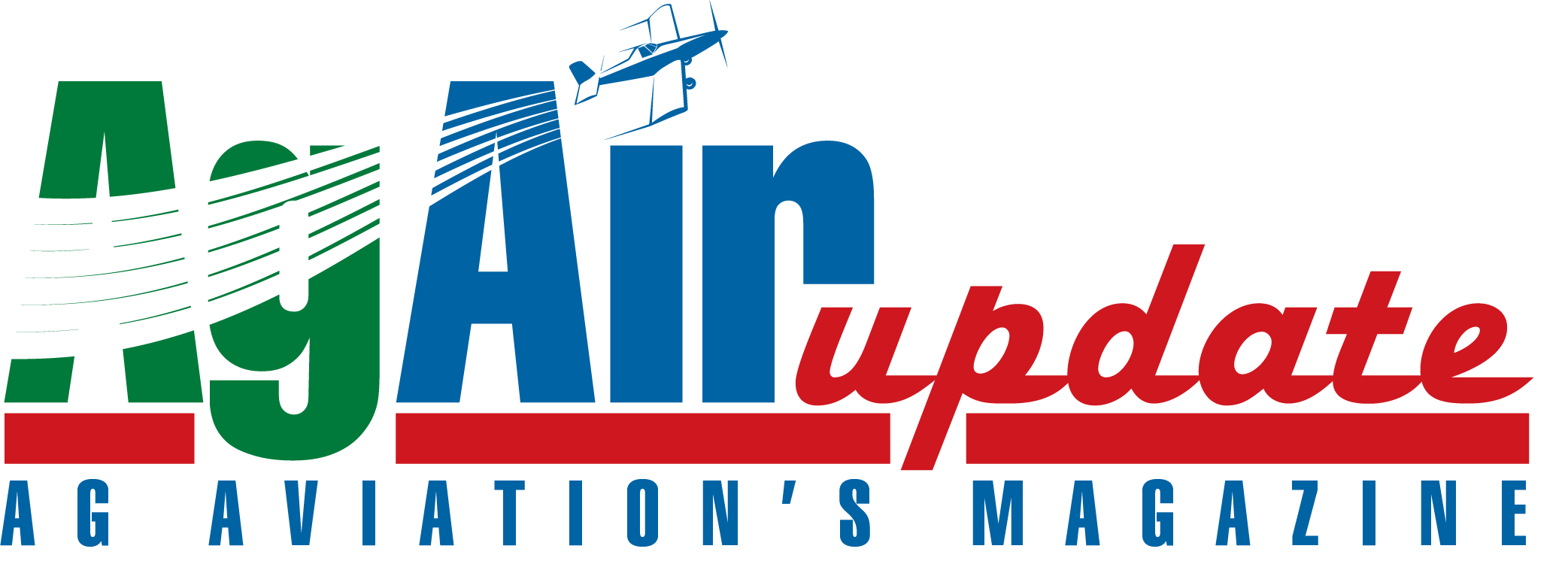ALEXANDRIA, VA — May 24, 2016 — The House of Representatives today passed H.R. 897, the Zika Vector Control Act, giving professional, small aerial application businesses the confidence they need to combat disease-carrying mosquitoes, including the public health threatening Zika virus.
The Zika Vector Control Act would allow applicators to apply pesticides to mosquitoes without unnecessary and costly National Pollutant Discharge Elimination System (NPDES) Pesticide General Permits (PGPs). These permits include expensive and duplicative requirements—already required under other federal and states statutes—and bring these applications under citizen action suit provisions of the Clean Water Act that can encourage frivolous, unnecessary lawsuits against applicators. As a result, fewer small business aerial application businesses have been willing to provide important public health applications since this unnecessary and duplicative permit was promulgated by EPA in 2011. Pesticide products and pesticide applicators would still undergo rigorous testing and application requirements, respectively, to protect the environment, water and the public as required under the Federal Insecticide, Fungicide and Rodenticide Act (FIFRA).
After passage of H.R. 897, NAAA Executive Director Andrew Moore stated “A significant number of professional aerial applicators across the U.S. who used to control mosquitoes have been frightened away from public health work because of NPDES PGP requirements. With the passage of the Zika Vector Control Act, we move one step closer to having every tool in the toolbox to combat against Zika-carrying mosquitoes while ensuring that these applications and the products themselves remain professionally and rigorously tested under FIFRA to protect the environment, water and human health.”
NAAA has been on the forefront of combatting misinformation being spread about NPDES PGPs, having sent to members of Congress a letter to ensure they have the facts needed to make an informed vote. The document, called “Setting the Record Straight on H.R. 897,” highlights, among other facts, that:
• Irrespective of the Clean Water Act NPDES Pesticide General Permit, applicators must comply with federal regulations requiring record-keeping and professional applications. Failure to comply can result in civil and/or criminal penalties. Pesticide products must also be tested for their safety and will not be registered unless they meet rigorous health, environmental and occupational requirements.
• H.R. 897 does not eliminate the Clean Water Act’s protections against pesticides for the nation’s waterways.
• NPDES Pesticide General Permits divert state and federal resources away from public health-threatening mosquitoes and Clean Water Act program activities.
“This bi-partisan legislation will enable additional public resources to be devoted to public health protection from disease carrying insects all while continuing to protect the environment. It simply eliminates a duplicative and unnecessary requirement. NAAA thanks Congressman Gibbs and his staff for their dedication to the Zika Vector Control Act and public health,” stated Moore.
The National Agricultural Aviation Association (NAAA) represents more than 1,900 members in 46 states. NAAA supports the interests of small business owners and pilots licensed as professional commercial aerial applicators that use aircraft to enhance food, fiber and biofuel production, protect forestry and control health-threatening pests. For more information, please visit AgAviation.org.
Setting the Record Straight on H.R. 897
National Pollutant Discharge Elimination System (NPDES) Pesticide General Permits (PGPs)
*_photo_1_*




